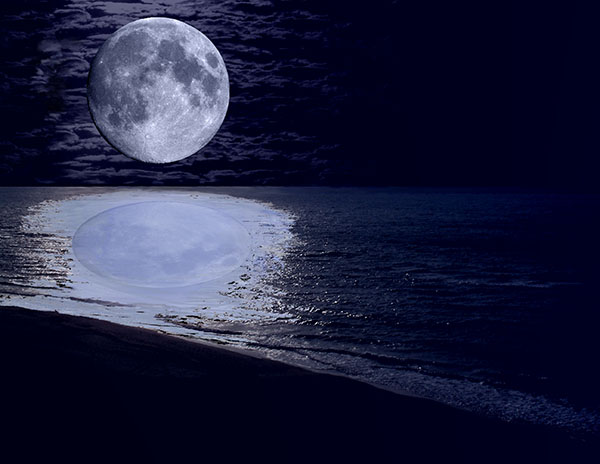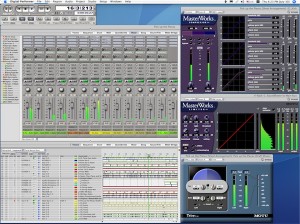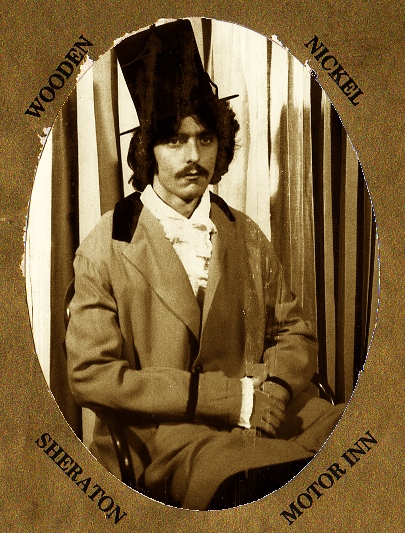Something that happens “Once, in a Blue Moon,” is an extremely rare occurrence. This makes such an occurrence only slightly more frequent than my new blog posts…
There are several prevalent misconceptions about “Blue Moons.” They are not blue and they are not the second full moon in a month as has been misreported since the 1940’s. According to Wikipedia, there are normally three full-moons per quarter—but, every 2.7 years (approximately) there are four full-moons in a quarter. The “blue” moon is the third full-moon in a quarter that has four full-moons.
This post features two (2) arrangements of the Lorenz Hart / Richard Rodgers popular-song: “Blue Moon.” Both of the arrangements are by artists who have been very influential to me. I recorded both pieces using Synthogy Ivory’s (Yamaha) 7ft. virtual-grand piano using a club-room reverberation. I hope that you feel that you have the best seat in the room.
| Blue Moon, arr. Art Tatum |
| Blue Moon, arr. George Shearing |
Many years after his departure from this earth, Art Tatum maintains “piano god” status for several generations of classical and jazz pianists. His influence on pianists, including the also-now-departed, Oscar Peterson, is well documented. A famous story recounts that Oscar as a young, teen-aged piano student became so discouraged after first hearing Art Tatum and learning that Mr. Tatum’s recorded performance was (only) one, not two persons — that he, (Oscar) quit his piano studies for some time.
The first arrangement is by Mr. Tatum and is from Volume One of his “Improvisations” Series. I acquired this from a recommended online-seller of used, rare, and collectible books, “Moon Books Online.” I have had Volume Two of the series for more than twenty (20) years, but only recently acquired Volume One. This is the first piece that I have performed and recorded from the new / old volume.
During the early 1980’s I was privileged to hear George Shearing (arranger of my second (2nd) Blue Boon recording, in concert, in Huntsville, AL (US). Before the recital/concert and since, I spend time studying and performing a number of his compositions. George Shearing is best known for a blocked-chord style that is barely hinted in this arrangement of Blue Moon. I intend to eventually record a handful of these wonderful arrangements and Shearing compositions.
I hesitate to mention Mr. Shearing’s blindness because he did much to challenge perceptions and expectations about persons with physical limitations. And, I know that he disliked being called a “blind pianist.” However, during one well-known and document interchange with a not-too-sensitive interviewer, Mr. Shearing was asked: “Mr. Shearing, have you been blind all your life?” To this he responded: “Not yet…”
I hope that you enjoy my performances of these two arrangements by two pianists / artists I admire greatly.




Recent Comments